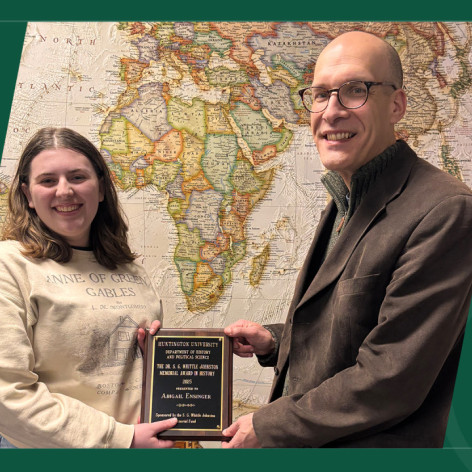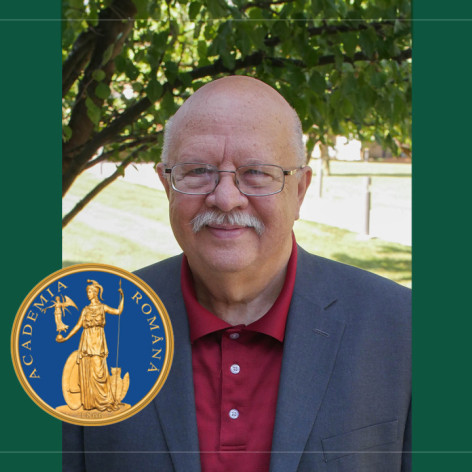Smith publishes article on Cambodian and Kashmiri state formation

Dr. Tim Smith, professor of history at Huntington University, recently published his latest peer-reviewed article, entitled “Gulab Singh and Ang Duong: a preliminary reflection on the problems and benefits of analysing statecraft in Kashmir and Cambodia (middle of the 19th Century).”
The article, which appears in Historical Yearbook, considers ritualized violence in Kashmir and Cambodia as a vital symbolic precondition for societal solidity and modern statecraft. Using case studies about the policies of the Maharaja of Kashmir, Gulab Singh, and the Cambodian King, Ang Duong, the article offers a preliminary reflection on the problems and benefits for historians of analyzing state formation in Kashmir and Cambodia in the middle of the 19th century.
In doing so, the article argues that the monarchs were able to successfully position their dynasties and their kingdoms between their non-western regional rivals and the arrival of European colonialism. The states created kingdom spaces whereby their respective statecraft (cultural, economic, political, and social) could thrive under the naïve patronage of western imperialism.
According to Smith, the long-term consequences of these actions are still fully evident, even more than a century later.



